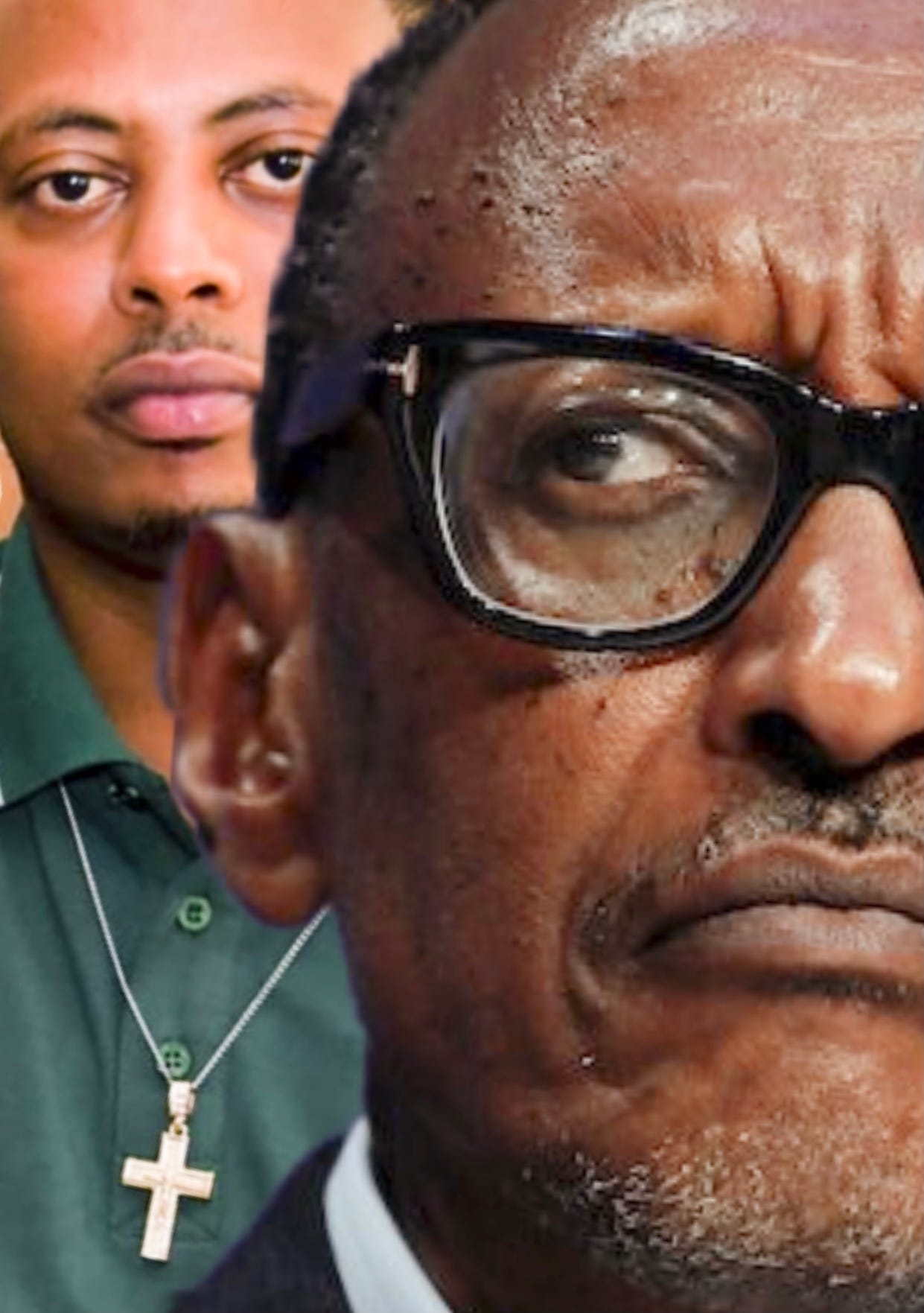By David Himbara
Kizito will forever define heroism, a brave who rejected Rwandan dictatorships, be it the regime that murdered his kin, or the totalitarian strongman that killed him.

Kizito Mihigo, the Rwandan singer and songwriter, was murdered on February 17, 2020, while in the custody of General Paul Kagame’s security machine. And Kizito’s purpose was to promote peace and reconciliation in a country scarred by slaughter at the hands of post-independence regimes. Kizito lost his father and kin in the 1994 genocide which uniquely affected him. Instead of resorting to bitterness, he made reconciliation the central message of his work, a mission that subsequently led to his death.
Kizito was initially embraced by the regime of General Paul Kagame. Kizito’s music and concerts drew tens of thousands of Rwandan admirers from all walks of life, who appreciated his message of hope. He was feted by the authorities and often invited to sing at official functions in front of General Kagame. Kizito was also embraced Mrs Jeannette Kagame Nyiramongi for establishing a foundation to promote peace and reconciliation.
But Kizito’s fortunes changed in 2014 after he released his “Igisobanuro cy’Urupfu” or the Meaning of Death, a song that challenged the official narrative.
Kizito’s words – Death is never good, be it by genocide, or war, or slaughter in revenge killings – crossed Kagame’s red line. Here, Kizito was not only mourning Rwandans who were murdered by the remnants of the Juvenal Habyarimana regime, he was also mourning Rwandans killed by the Rwandan Patriotic Front army led by General Kagame.
In April 2014 Kizito was arrested and paraded him in front of the media – accused of plotting to topple the Rwandan government in cohorts with exiled opponents of the regime. His music was banned. And in 2015 Kizito was sentenced to 10 years for supposedly planning to kill General Kagame and conspiring against his regime.
In September 2018, Kizito was pardoned by General Kagame. But, like all those pardoned in Rwanda, his movements were restricted and had to report regularly to the security organs. A year later, Kizito released his song, “Uzabe intwari” or heroism in which he insisted that heroism is in the preserve of the powers that be but must be embedded across society. Only then can a united and reconciled Rwanda become a reality.
On 13 February 2020, the regime announced that Kizito was in custody after he was arrested for attempting to flee Rwanda. Four days later, Kizito was found dead in the custody of Kagame’s security machine. Kizito Mihigo will forever symbolize a Rwandan brave who stood up to dictatorships of any label, be it the regime that murdered his family, or the regime that killed him.





























































